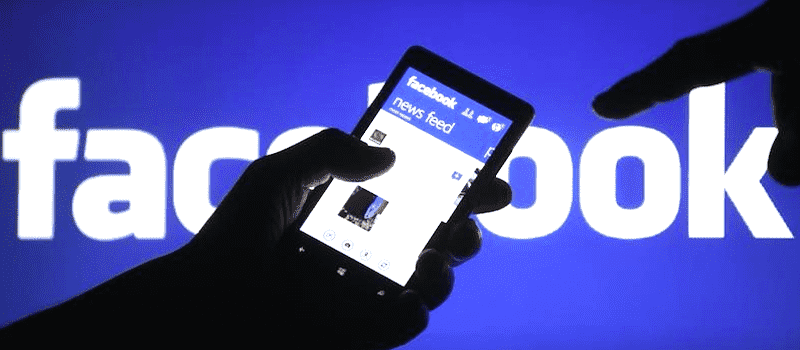Clicking “like” on an article or sharing an article on Facebook has typically been the main way to ensure that users will see more of the same type of content in their future News Feeds. But Facebook is now taking other measures into consideration, including changing the way its algorithm works, to improve its odds of showing users the news content they most want to see.
Facebook yesterday revealed it’s now using responses from its daily user surveys to help fine-tune how News Feed articles are ranked. The company polls more than 1,000 people every day through its Feed Quality Panel to find out what they think about their News Feed experiences. The company also surveys many more on a daily basis to assess its performance in News Feed rankings.
Based on those survey comments, Facebook said it has changed how News Feed stories are ranked to better reflect both user preferences and the likelihood that they will engage with different articles. It’s just the latest of numerous updates the company has made to its news content over the past year.
‘Like’ Doesn’t Always Lead to ‘Click’
“The actions people take on Facebook — liking, clicking, commenting or sharing a post — are historically some of the main factors considered to determine what to show at the top of your News Feed,” software engineers Cheng Zhang and Si Chen wrote yesterday in a Facebook news update. “But these factors don’t always tell us the whole story of what is most meaningful to you.”
By surveying large numbers of users every day for their opinions on News Feed content, Facebook gained greater insights into the types of stories most likely to be of interest to them, even when they didn’t feel compelled to click on, comment on or share the article, Zhang and Chen noted. From now on, those types of stories will also receive ranking boosts, they said.
“We saw through our research that people reported having a better News Feed experience when the stories they see at the top are stories they are both likely to rate highly if asked and likely to engage with,” Zhang and Chen said.
Fine-Tuning Strategies for Referral Traffic
As a number of observers have pointed out, this latest change to News Feed rankings could reduce the prevalence of so-called “clickbait” stories — articles with provocative or outrageous headlines that are designed to get users to click on links and visit sites solely to boost ad revenues.
Zhang and Chen acknowledged that some Facebook Pages might see drops in referral traffic due to the latest News Feed change, while others might see increases.
“In general, Pages should avoid encouraging people to take an action (such as encouraging lots of clicks), because this will likely only cause temporary spikes in metrics that might then be rebalanced by feed’s ranking over time,” they said. “As this change takes effect, we’ll be learning about what possible factors or posting strategies may lead to increases or declines in referral traffic, and we are committed to communicating with our partners about those findings.”
Facebook is just one of many tech companies looking to engage more with their users by partnering with publishers to deliver news articles and other content on their sites.
Apple, for example, introduced Apple News in September, and Google is expected to begin offering partner content on its “Accelerated Mobile Pages” format on Google Search sometime this month. Microsoft also recently rolled out an app called News Pro that lets users search Web sites and blogs for industry-specific or profession-specific news.







